5 Best Strength Workouts for Women To Lose Weight
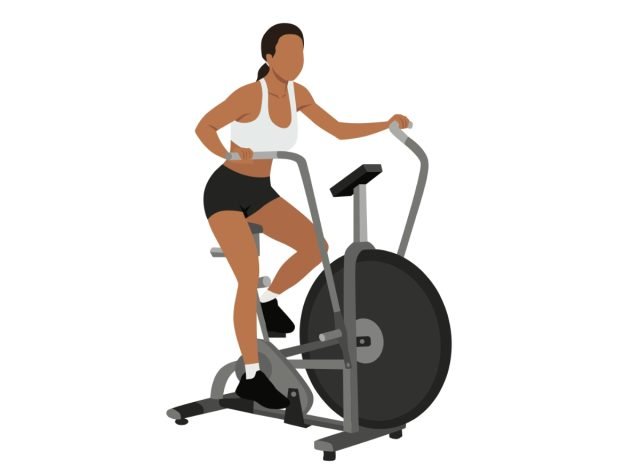
If you’ve ever Googled “weight loss for women,” then you know there are countless options—some genuinely transformative, and others not so much. When we talk about strength training, you might picture muscle-bound bodybuilders lifting heavy weights in the gym. But it’s time to dismiss that stereotype. Strength training isn’t just for bodybuilders; it’s an effective strategy for women who are looking to shed pounds and transform their physique. Today, we’re here to share five of the best mini strength workouts for women to lose weight.
While cardio has its place in any weight loss plan, strength training ups the ante by boosting your metabolism. This torches calories during the workout and keeps the furnace burning long afterward, thanks to the afterburn effect. If you don’t believe us, just look at the research. A large meta-review published in Obesity Reviews in 2021 concluded that resistance (or strength) training can be an effective strategy for weight loss.
To find out which mini strength workouts are the best for women to lose weight, we consulted Michael Masi, DPT, a doctor of physical therapy and certified strength and conditioning coach with Garage Gym Reviews, who delivers five stellar strength workouts for women to lose weight. Read on for the detailed breakdowns, then check out these 5 Standing Exercises for Faster Weight Loss After 50.
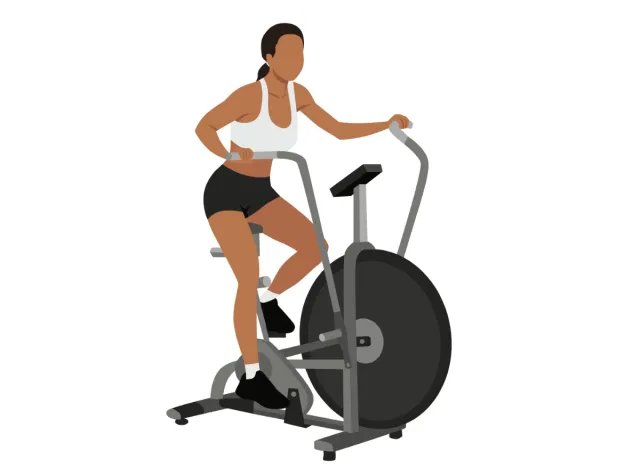
The fan bike isn’t your average stationary bike. This advanced cardio equipment delivers a full-body workout targeting your legs, arms, and core. You can mix high-intensity bursts with lower-intensity periods, perfect for interval training.
“Both the Rogue Echo bike and the Assault bike are common pieces of cycling equipment that get input from both the arms and the legs. This allows for a high power output against the fan resistance, which adds a good amount of difficulty, enough to stimulate muscle growth,” says Masi.
Perform 30-second bouts of high-intensity cycling followed by 30 seconds of rest. Do this for 10 rounds for a total of 10 minutes.
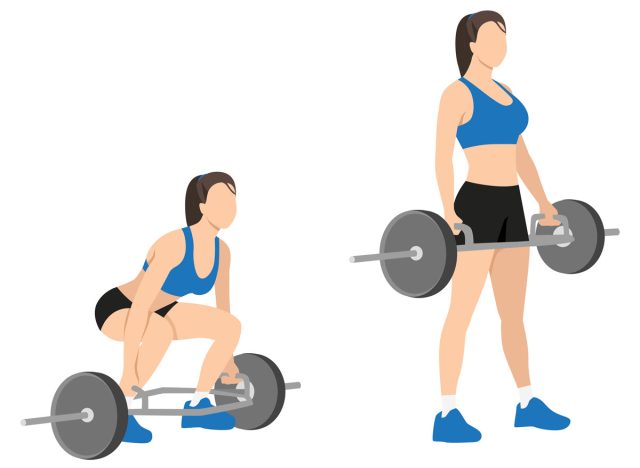
Deadlifts might sound intimidating, but they’re a game changer for total-body strength—especially your back, glutes, and hamstrings. Begin with a manageable weight, maintaining a straight back as you lift. Keep the bar close to your body and focus on lifting through your heels, not your back.
“The deadlift is a holistic movement that involves nearly every muscle group, a quality desired for your exercises when training with body composition in mind,” says Masi. “Training deadlifts correctly also targets the glutes and conditions the core muscles. Combining these benefits with the simple set-up and doesn’t require much equipment makes this an easy choice for strength workouts that promote weight loss.”
Aim for three to five sets of eight to 10 reps.
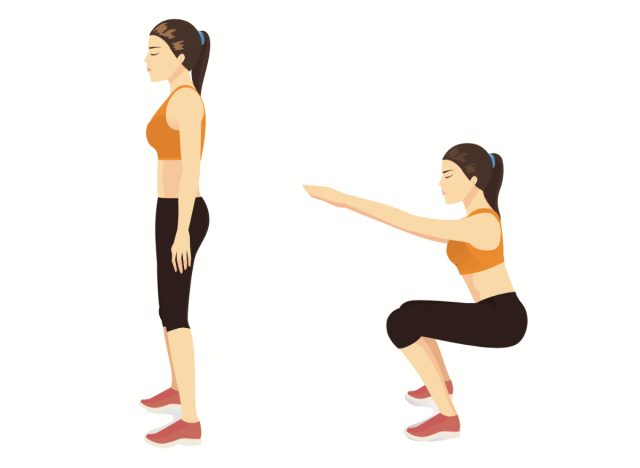
Squats are the quintessential lower-body workout. This move engages almost every muscle in your lower half, including your abs.
“If you can perform squats well, you can yield the same holistic benefits of the deadlift exercise, with much more emphasis on the quadriceps and glutes,” explains Masi. “The great part about this is the variance to a squat. For instance, if you can’t perform a squat well on your own, you can try using equipment, such as a leg press, Smith machine, or hack squat machine, to change the leverages and make the same movement easier.”
Masi recommends performing three to five sets of 12 to 20 reps. The increased volume is an excellent way to stimulate muscle growth and increase calorie burn.
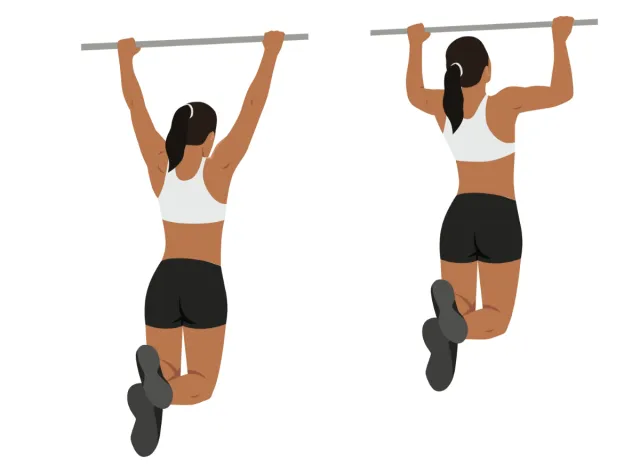
Pull-ups are an upper-body powerhouse move that targets your back, shoulders, and arms. Even if you can only manage assisted pull-ups to start, you’re still making progress. Keep your core tight, and pull up using your upper body strength rather than kicking or swinging your way up.
“The journey to your first pull-up will make you healthier in more ways than one,” states Masi. “The obvious benefit is improving your strength and force production to lift your body weight. As you improve your body composition, you’ll have more muscle and less fat, making this exercise easier over time.”
Aim for 20 to 30 reps spread across as many sets as needed to get the job done. You can also add a resistance band for assistance if required.
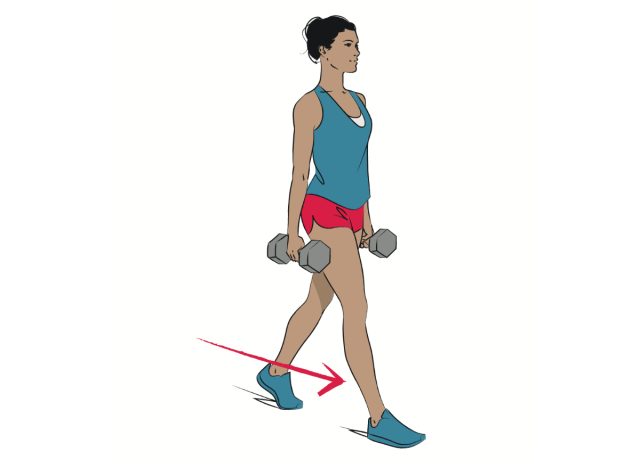
It doesn’t get much simpler than picking up heavy stuff and walking around. Whether you’re using kettlebells, dumbbells, or even bags of groceries, focus on keeping your core engaged and your posture upright. Start walking for a minute or two, and work your way up. You’ll notice improvements not just in strength but also in your endurance and core stability.
“Much like cycling, walking is a great way to burn calories with little added fatigue for the body to recover. Weighted carries also stimulate many large muscle groups, including the core, similar to squats and deadlifts,” says Masi.
Carry dumbbells or kettlebells in each hand that are heavy enough to make a 50-foot walk difficult for 10 sets. Put them down to rest for about 60 to 90 seconds before going again. You can walk in a figure-eight pattern if space is limited.





